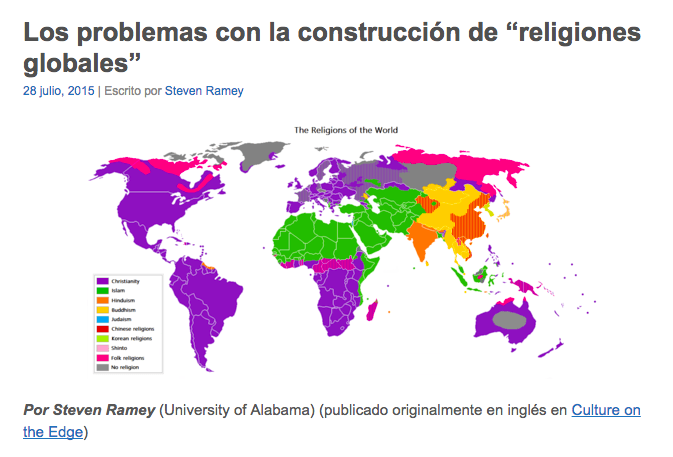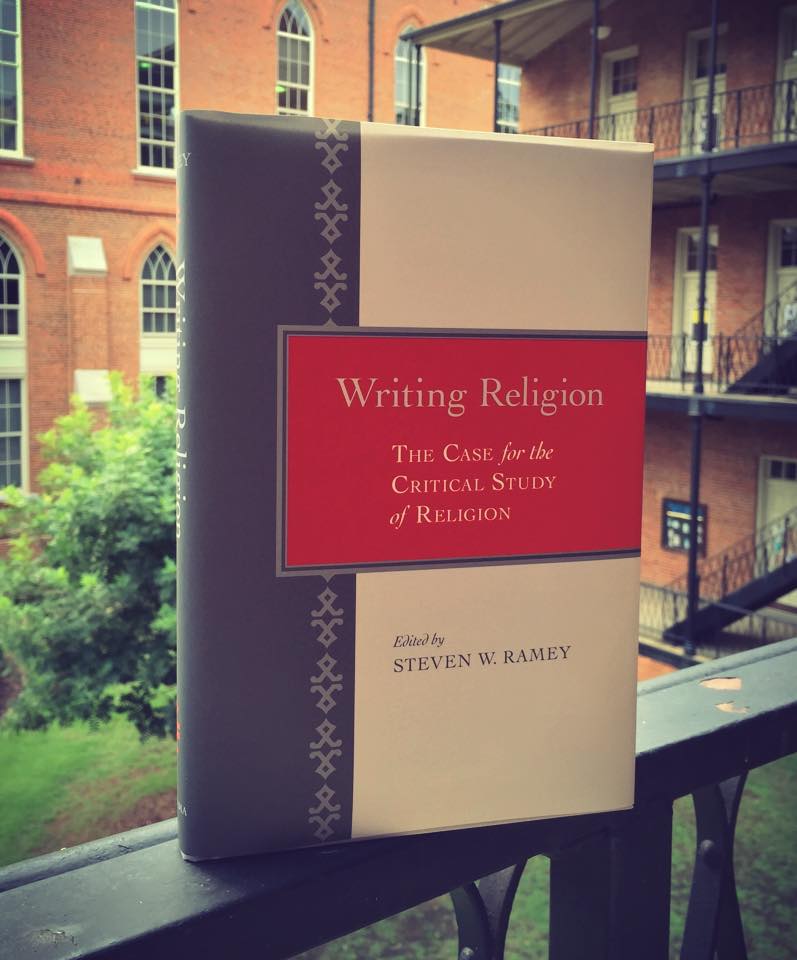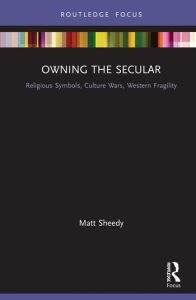 Exciting news from Edge member Matt Sheedy: his new book Owning the Secular: Religious Symbols, Culture Wars, Western Fragility (Routledge, 2021) has just been published!
Exciting news from Edge member Matt Sheedy: his new book Owning the Secular: Religious Symbols, Culture Wars, Western Fragility (Routledge, 2021) has just been published!
From the Routledge site:
Drawing on theories of discourse analysis and ideology critique, this study calls attention to an evolution in how secularism, nationalism, and multiculturalism in Euro-Western states are debated and understood as competing groups contest and rearrange the meaning of these terms. This is especially true in the digital age as online cultures have transformed how information is spread, how we imagine our communities, build alliances, and produce shared meaning.
From recent attempts to prohibit religious symbols in public, to Trump’s so-called Muslim bans, to growing disenchantment with the promises of digital media, this study turns the lens how nation-states, organizations, and individuals attempt to “own” the secular to manage cultural differences, shore up group identity, and stake a claim to some version of Western values amidst the growing uncertainties of neoliberal capitalism.

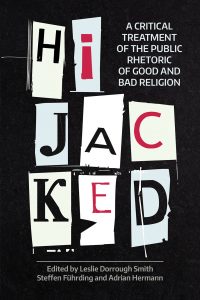 Just published:
Just published: 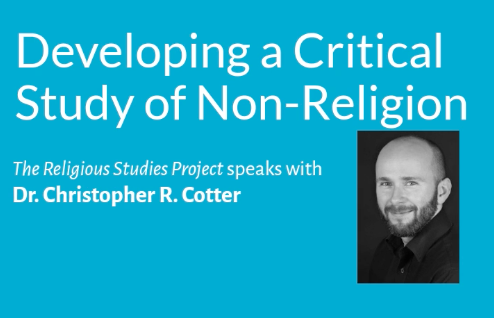

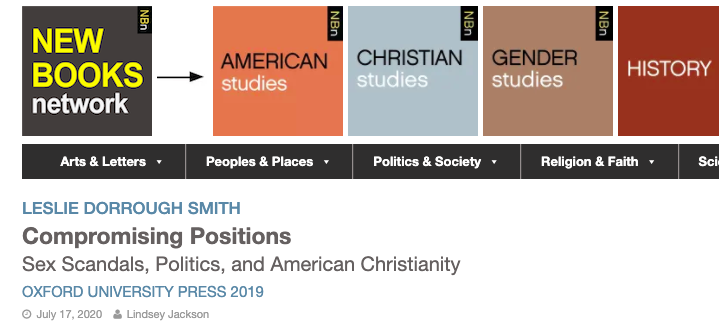
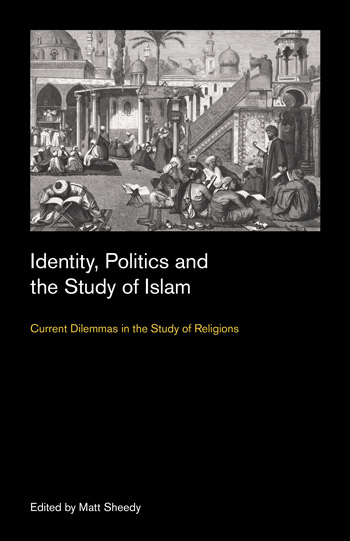
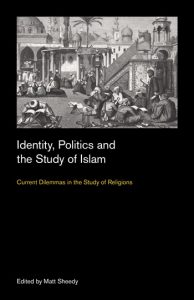 This interview is part of a series of interviews on new books from the Culture on the Edge book series with Equinox publishing.
This interview is part of a series of interviews on new books from the Culture on the Edge book series with Equinox publishing. 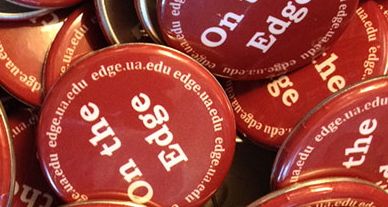 The Culture on the Edge collective frequently addresses the relevance of various questions about origins, identifications, and discourse that reflect issues in Religious Studies, but we apply those questions to aspects of society not typically identified as religious. These ideas are a part of a Culture on the Edge panel at the Southeast Regional AAR/SECSOR meeting this coming weekend in Atlanta. Vaia Touna and Steven Ramey will participate in a panel on Saturday March 5 entitled “Culture on the Edge Grounded and Applied: The Wider Relevance of the Study of Religion”. If you are planning to attend the conference or happen to be close enough to show up on Saturday, we would love to chat with you and hear your thoughts on applying issues in Religious Studies more broadly.
The Culture on the Edge collective frequently addresses the relevance of various questions about origins, identifications, and discourse that reflect issues in Religious Studies, but we apply those questions to aspects of society not typically identified as religious. These ideas are a part of a Culture on the Edge panel at the Southeast Regional AAR/SECSOR meeting this coming weekend in Atlanta. Vaia Touna and Steven Ramey will participate in a panel on Saturday March 5 entitled “Culture on the Edge Grounded and Applied: The Wider Relevance of the Study of Religion”. If you are planning to attend the conference or happen to be close enough to show up on Saturday, we would love to chat with you and hear your thoughts on applying issues in Religious Studies more broadly. 